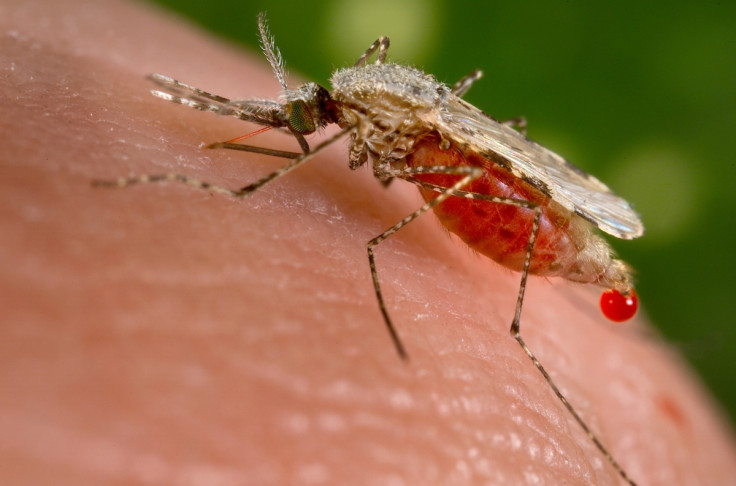US scientists breed genetically modified mosquitoes that resist malaria parasite

US scientists have bred a genetically modified mosquito that is incapable of spreading malaria to humans, according to reports. A gene editing technique called Crispr was used to alter the genetic makeup of the insect, making it resistant to Plasmodium falciparum -- one of the parasites that causes malaria in humans.
Crucially, the GM mosquitoes passed on their anti-malarial DNA strain to 99.5% of their offspring, raising the prospect of the altered species being released in the wild one day to combat the disease.
Scientists at the University of California hope the GM insects will eventually be able to pass on their "immunity" to mosquitoes in the wild. The findings are detailed in the Proceedings of the National Academy of Sciences journal.
'Big step'
"This is a significant first step," Dr Anthony James at the University of California was quoted as saying by The Guardian newspaper.
"The mosquitoes we created are not the final brand, but we know this technology allows us to efficiently create large populations. Strains based on this technology could have a major role in sustaining malaria control and elimination as part of the eradication agenda."

Scientists used Anopheles stephensi, a type of mosquito found in Asia, to conduct the experiment. The species was modified in a lab using gene drive technology to generate antibodies that fight the malaria-causing parasite. In theory, this means the GM mosquitoes will not be able to pass on the malaria infection when it feeds on human blood.
The GM mosquitoes also carried a tracer gene that gave them red fluorescent eyes to help scientists identify which of the insects had the malaria-resistant DNA.
Deadly disease
Other scientists gave a cautious welcome to the study, saying more research needed to be done to assess its potential benefits. "Before open field tests, they need to test their insects in small arenas and field cages to determine the potential for it to work on a larger scale," Professor Anthony Shelton, who studies pest management at Cornell University in New York, told The Guardian.
"In theory this technology should work in the field, but further tests are needed and only then will the full potential of this breakthrough be realised for the benefit of humanity," he added. Malaria death rates have fallen by 60% since 2000 but the disease still kills 438,000 people a year, with around 80% of those in Africa.
About half the world's population, or 3.2 billion people, are at risk of contracting the disease, according to the World Health Organization.
© Copyright IBTimes 2025. All rights reserved.






















